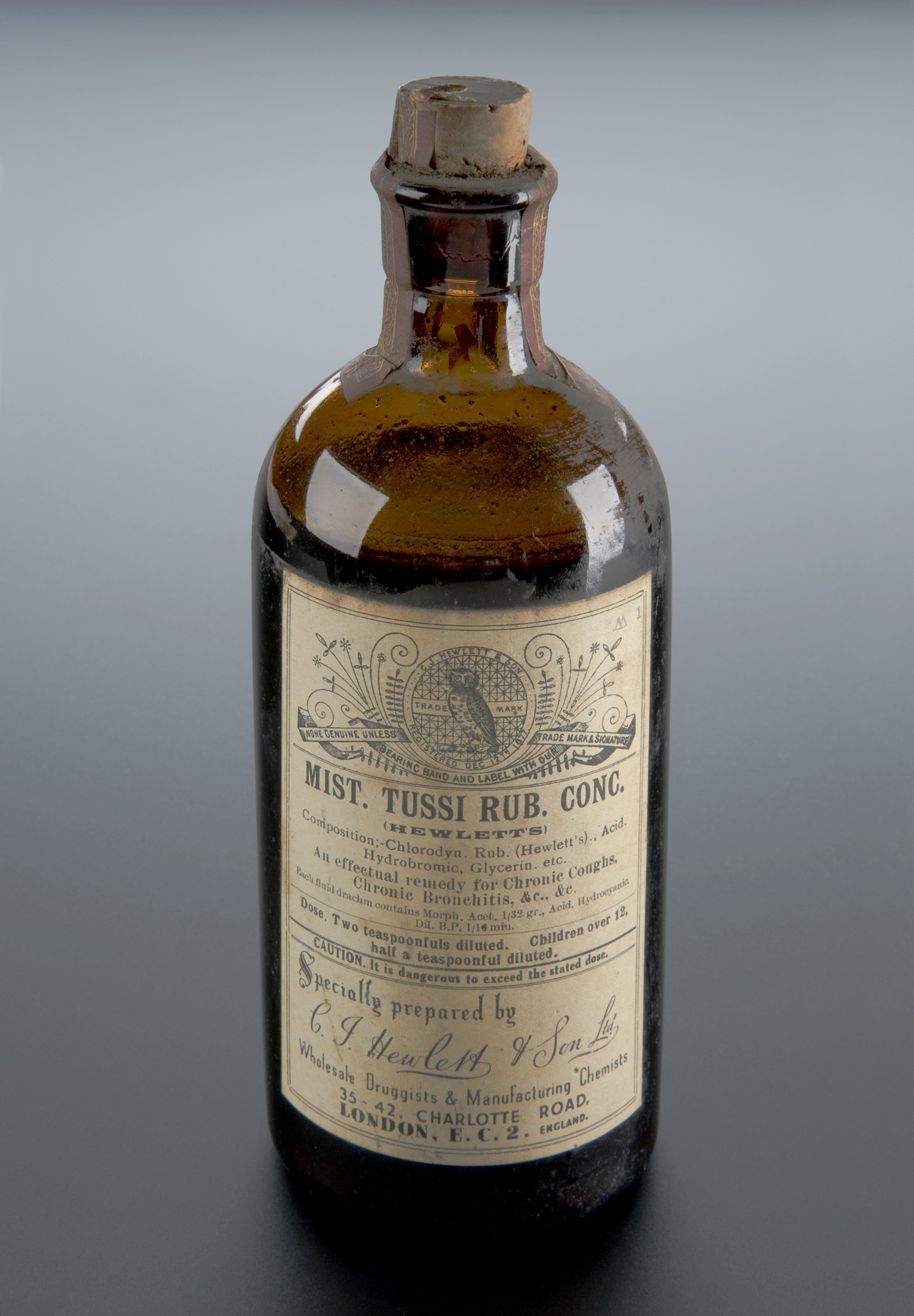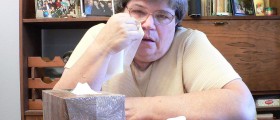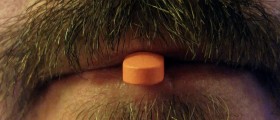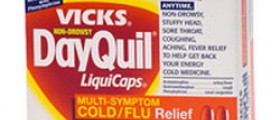
When a common cold occurs, the most people do not go straight to their doctor, because this common illness can be easily and effectively treated at home with home remedies and over-the counter-medication. However, it is not always easy to choose the right medication, especially if standing in a long isle at a drug store with no one around to help decipher those brand names, ingredients and indications.
Common cold symptoms and appropriate medication
In most cases the symptoms of cold are nasal congestion or a stuffy, blocked nose, runny nose, itchy nose, sneezing, watery eyes, dry or productive cough, chest congestion, fever and headache.
Cold medications rarely address all of the symptoms. They usually contain one or a combination of following effects: nasal decongestant, cough suppressant, anti-histamine and expectorant.
Nasal decongestants work by dissolving the mucus inside the nose and make it easier to expel. They also have a mild drying effect which is useful for runny nose. They usually do not cause drowsiness so it is safe to use them during the day.
Anti-histamines relieve itchy, runny nose, sneezing and watery eyes. They also decrease the production of mucus and relieve congestion. They can cause drowsiness so it is best to use them before bedtime.
Cough suppressants, like their name says, prevent cough. They suppress the coughing reflex in the throat and lungs so mucus or irritation do not cause coughing.
Expectorants help cough out the mucus in the lungs that is persistent and cannot be expelled by loosening it. This relieves pressure in the chest and makes it easier to breathe.
Cold medications for children
There has been a lot of controversy on whether these medications are safe for use in children. Some brand products have even been revoked because children had negative side effects. Complications usually occur when parents give their children a dose that exceeds the recommendation, or a child accidentally ingests more than prescribed, or if a combination of medications is non suitable for children.
It is very important to follow the recommended dosages and to closely monitor a child for signs of undesired side effects. Also, parents should only give their children medication that is suitable for that particular age. Some medications are safe for children of ages 2 and above, some for 12 and above.
Some of the cold medicine brand names for children are Robitussin Pediatric Cough Suppressant, Vick's Pediatric Formula, Dimetapp Decongestant Pediatric Drops, Sudafed Children's Nasal Decongestant Liquid, Infant Tylenol Cold and Cough, Children's Tylenol Cold Chewables.





-Help-Treat-Your-Cold-Or-Flu_f_280x120.jpg)











Your thoughts on this
Loading...